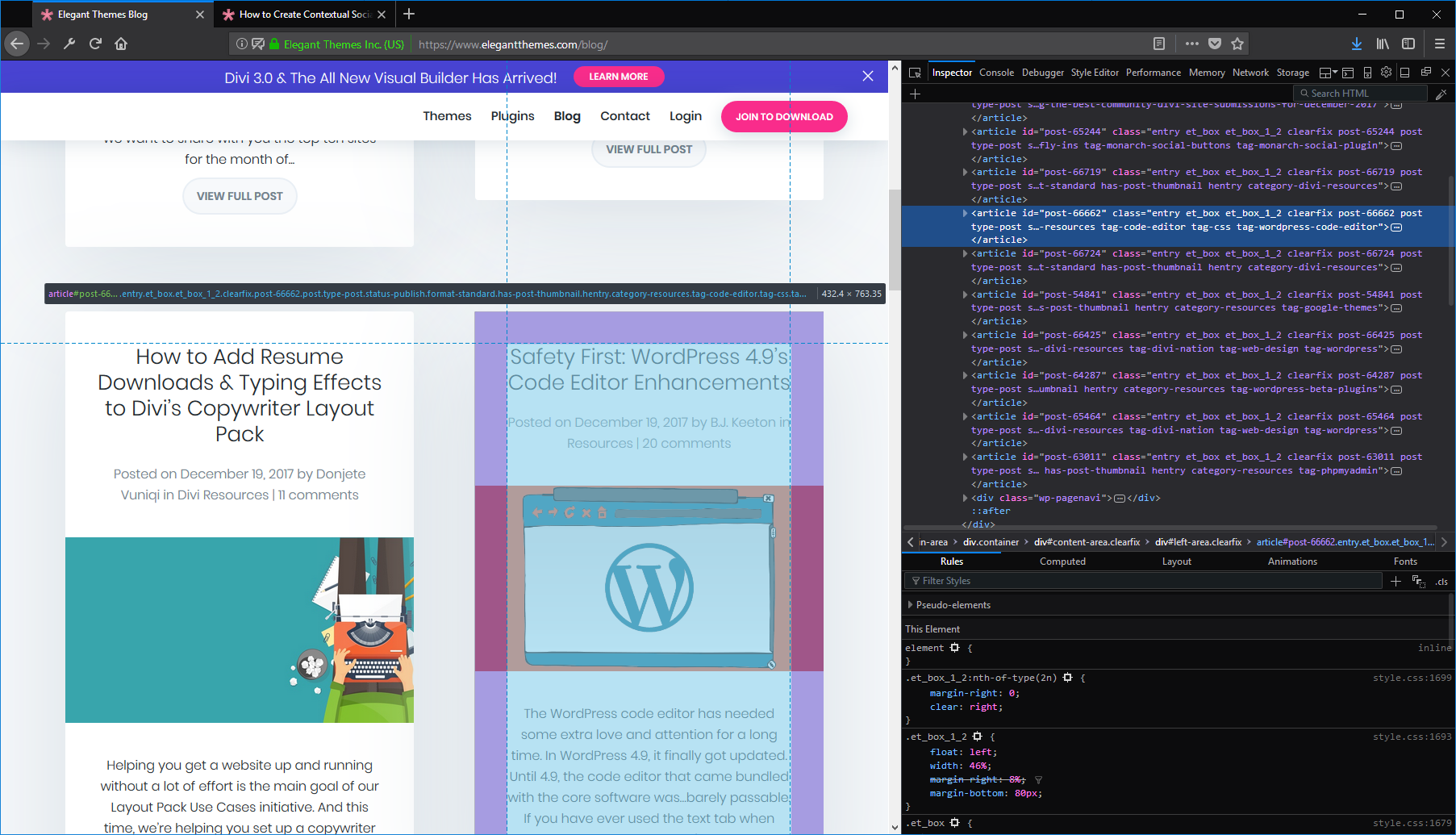
- #FIREFOX DEVELOPER EDITION CHANGELOG UPDATE#
- #FIREFOX DEVELOPER EDITION CHANGELOG PATCH#
- #FIREFOX DEVELOPER EDITION CHANGELOG UPGRADE#
Domains can be single hosts like foo, or foo.com, or literal IP addresses as specified in RFC 2732, or wildcards like *.foo.com which matches all hosts under foo.com and its sub-domains. "domain: " Each domain in the list specifies destination host or hosts for which a CBT is sent.CBTs are sent for all Kerberos authentication attempts over HTTPS. This is also the default value if the property is not set. This controls the generation and sending of TLS channel binding tokens (CBT) when Kerberos or the Negotiate authentication scheme using Kerberos are employed over HTTPS with HttpsURLConnection.

The feature is controlled through a new system property `` which is described fully as below: The server can then detect if the client has been fooled by a MITM and shutdown the session/connection. They work by communicating from a client to a server the client's understanding of the binding between connection security (as represented by a TLS server cert) and higher level authentication credentials (such as a username and password). Support has been added for TLS channel binding tokens for Negotiate/Kerberos authentication over HTTPS through .Ĭhannel binding tokens are increasingly required as an enhanced form of security. If your application is configured to use 3rd party JCE provider(s) which do not support the required algorithms, you may get handshake failures.Ĭore-libs/ ➜ HTTPS Channel Binding Support for Java GSS/Kerberos
#FIREFOX DEVELOPER EDITION CHANGELOG UPDATE#
#FIREFOX DEVELOPER EDITION CHANGELOG UPGRADE#
If a server is configured to only use DSA certificates, it cannot upgrade to TLS 1.3. The DSA signature algorithm is not supported in TLS 1.3.In practice, however, an application may use non-supported signature algorithms. The signature_algorithms_cert extension requires that pre-defined signature algorithms are used for certificate authentication.For applications that depend on the duplex-close policy, there may be compatibility issues when upgrading to TLS 1.3. TLS 1.3 uses a half-close policy, while TLS 1.2 and prior versions use a duplex-close policy.Here are some more details on potential compatibility issues that you should be aware of: Enabling it on the client may introduce compatibility issues on either the server or the client side. Note that TLS 1.3 is not directly compatible with previous versions. You can find more details in the Additional Information section of the Oracle JRE and JDK Cryptographic Roadmap. From this release onwards, TLSv1.3 is now also enabled by default for client roles. The TLSv1.3 implementation is available in JDK 8u from 8u261 and enabled by default for server roles but disabled by default for client roles. Security-libs/ ➜ Enable TLSv1.3 by Default on JDK 8u for Client Roles For more information, see 23.1.2 JRE Expiration Date in the Java Platform, Standard Edition Deployment Guide. After either condition is met (new release becoming available or expiration date reached), the JRE will provide additional warnings and reminders to users to update to the newer version. Java SE Subscription customers managing JRE updates/installs for large number of desktops should consider using Java Advanced Management Console (AMC).įor systems unable to reach the Oracle Servers, a secondary mechanism expires this JRE (version 8u341) on.


#FIREFOX DEVELOPER EDITION CHANGELOG PATCH#
It is not recommended that this JDK (version 8u341) be used after the next critical patch update scheduled In order to determine if a release is the latest, the Security Baseline page canīe used to determine which is the latest version for each release family.Ĭritical patch updates, which contain security vulnerability fixes, are announced one year in advance onĬritical Patch Updates, Security Alerts and Bulletins. Oracle recommends that the JDK is updated with each Critical Patch Update.


 0 kommentar(er)
0 kommentar(er)
